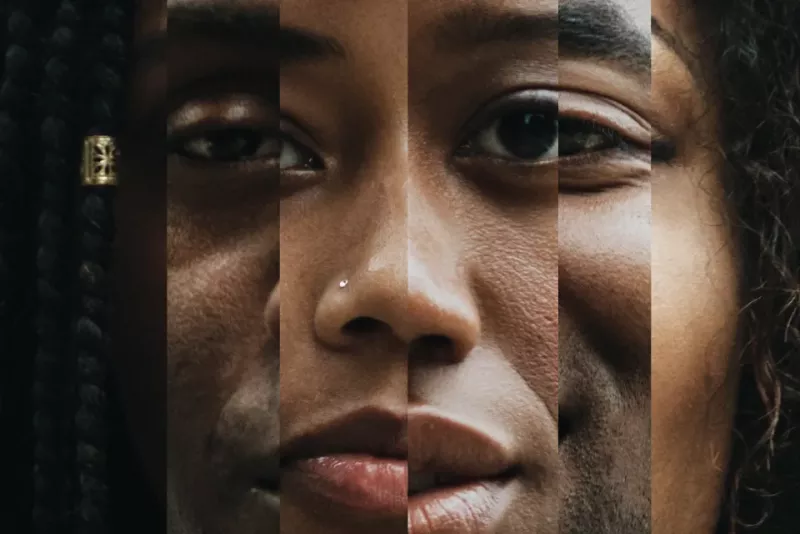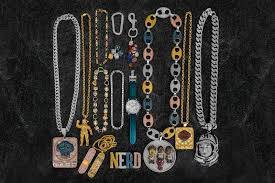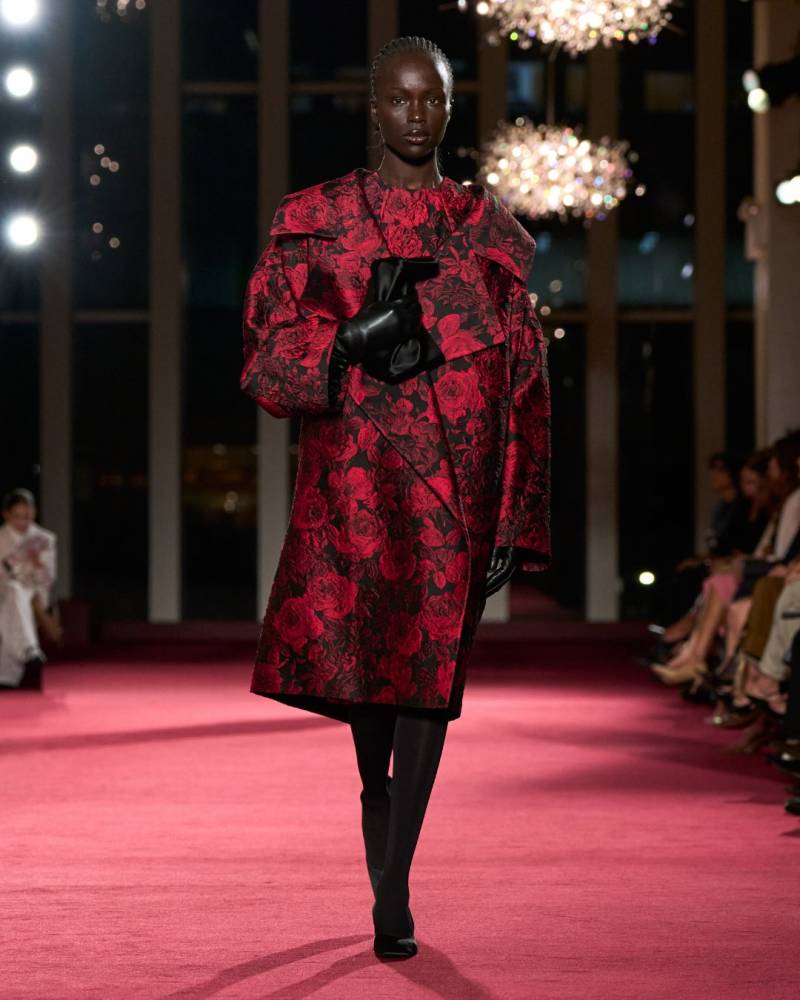When rapper and producer André 3000 performed at Lollapalooza back in 2014, he wore a black jumpsuit embossed with seven bold words: "Across cultures, darker people suffer most. Why?"
Since then, the statement-making one-piece has been shared in countless memes and Tumblr posts — and for many, the message is just as relevant now as it was then.
From Kelly Rowland explaining how she was once called "too chocolate" to date a boy to Bridgerton's Charithra Chandran describing how she avoided the sun for fear of getting darker, celebrities have long been speaking out about their personal and professional experiences with colorism, dubbed the "daughter of racism" by actress and author Lupita Nyong'o, who published a 2019 children's book on the topic and who has admitted that, growing up, she desired lighter skin in a world she says "rewards lighter skin over darker skin."
Read Also: Wafcon 2022: Nigeria boycott over bonuses 'embarrassing' - Rachael Ayegba
André 3000 called out the global impacts of colorism back in 2014 — but the message still resonates. (Photo: Josh Brasted/FilmMagic)
So what exactly is colorism?
The term was coined in 1983 by Pulitzer Prize–winner Alice Walker, who defined colorism as "prejudicial or preferential treatment of same-race people based solely on their color" in her book In Search of Our Mothers' Gardens: Womanist Prose.
Many experts agree that colorism, as it operates in America, can be traced back to chattel slavery, as seen in the distinction between "house" and "field" slaves. But it certainly exists beyond the constraints of the United States.
"We can tie it to the enslaved-people system that we had, and white supremacy. We have a more definite connection in terms of trying to come up with a date in the U.S.," Kimberly Norwood, a law professor whose research focuses on colorism, implicit bias, and the intersection of race, class, and public education in America, tells Yahoo Life.
While the term colorism may have been coined by a Black woman, with stealthy roots in American slavery and racism, its impacts are global.
"It's definitely something that has been a part of Indian history for so long due to colonialism," Anu Mandapati, a South Indian global diversity, equity and inclusion leader, tells Yahoo Life. "When the British were in India, that was where a lot of the standards were set, because people who were lighter-skinned got jobs in government. They were treated better than darker-skinned individuals. Whereas darker-skinned individuals had more of those labor-type positions."
Mandapati says that the preferential treatment — accompanying the proximity to whiteness and given to those with lighter skin tones — has a trickle-down effect. "[Before] on dating and matrimonial websites, you'd actually be able to filter and select your preferences of 'Do you want someone who's fair?' 'Do you want someone who has a whiter complexion?'" she says.
While these options have been largely disputed and subsequently disabled on many of the sites, the underlying biases remain.
"Even my mom at times is just like 'Oh, you're outside a lot, you should wear a hat, because you don't want to get darker," Mandapati says.
Chandran, the British-Indian actress and Bridgerton star, opened up about being made hyper-aware of her skin tone from a young age.
"No one let me forget that I was dark-skinned growing up. My grandma was very light-skinned," she told Teen Vogue in April.
She was frequently on the receiving end of backhanded comments about her darker skin, such as being "pretty for being dark-skinned," and being told how she would be "pretty if you had your grandmother's coloring," she told the magazine. In efforts to avoid her skin getting darker, her grandparents monitored her time spent outside — something Chandran said there is no resentment about.
"I don't hold this against them at all, they were trying to make my life easier," she said.
Does light skin = more successful?
The desire to achieve lighter skin for a chance at a better quality of life is not one formed on baseless assumptions.
A study conducted in 2018 by the University of Texas Rio Grande found that lighter-completed Black people were found to be more successful in society than their darker-skinned counterparts — and often achieved higher levels of education and higher wages, and enjoyed better-quality jobs.
While skin-based discrimination operates within various ethnic groups, it can and does manifest in predominantly white spaces, as well. Those with fairer skin tones are often viewed as a more palatable means of inclusion, says Norwood.
"You can have a situation where an employer hires Black people but they only hire light-skinned Black people. So if a dark-skinned Black person were to try to file some discrimination complaint against that employer, they would not be successful if it was a race discrimination claim," says Norwood of the various ways colorism can materialize beyond the scopes of dating and beauty.
Still, societal trends do show that attitudes surrounding colorism are making a progressive shift, says Mandapati.
"Now we're having more of those conversations — starting from 2020 and the anti-Black racism, movement, and how it spread throughout the rest of the world and even in India caused a lot more conversation and awareness," she says, noting that there has been tangible pushback against practices rooted in colorism.
"With the matrimonial website Shaadi, people spoke up, and they said, 'You need to remove those filters because skin color shouldn't have anything to do with it' and so, you know, the community demanded that they be removed and they were," Mandapati adds. "So I think, slowly, we're making changes."
For Norwood, the true test will be revealed if minorities become the majority, as predicted, in 2045.
"In my view, colorism is going to become the new racism, because race is getting harder and harder to figure out with all of the multiracial populations," she says. "You can't look at a person and say, 'Oh, you're Black. Oh, you're white,' and so as race becomes this amorphous thing, what's left in its place? The very thing that it gave birth to: colorism."




